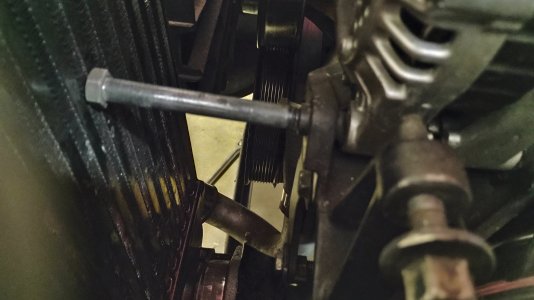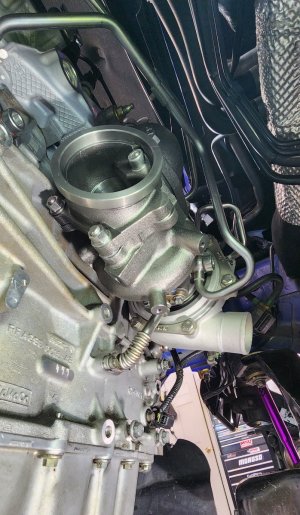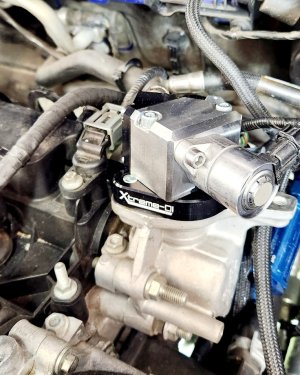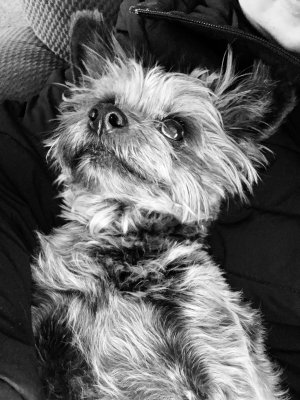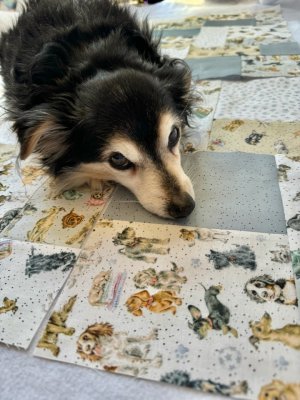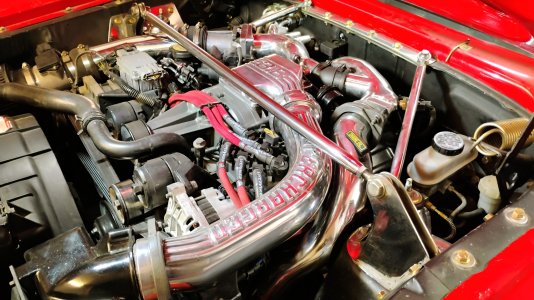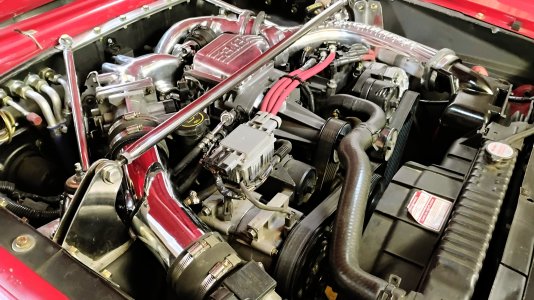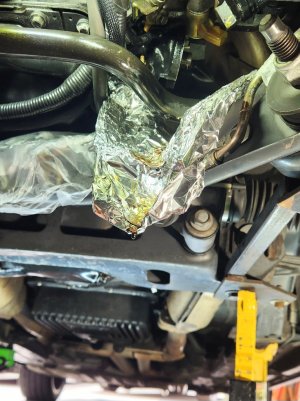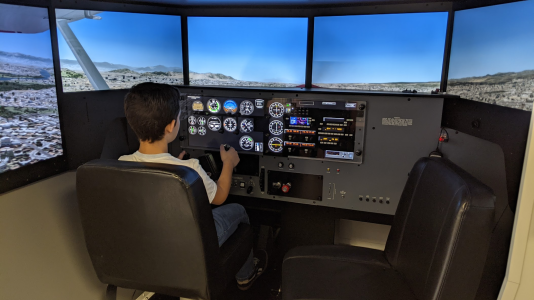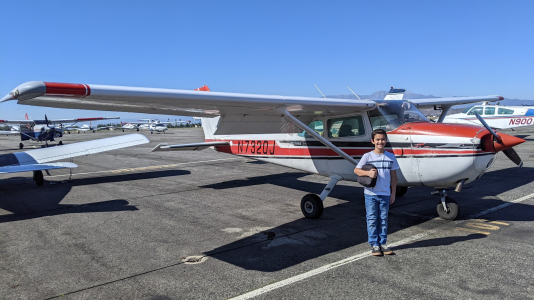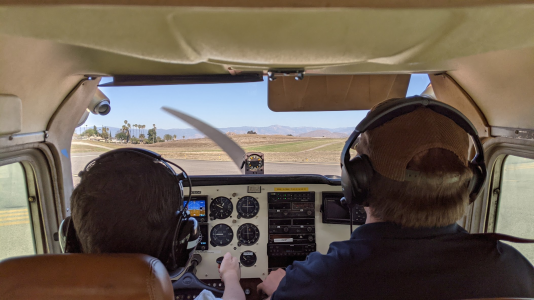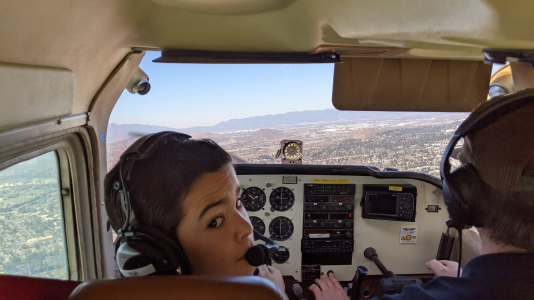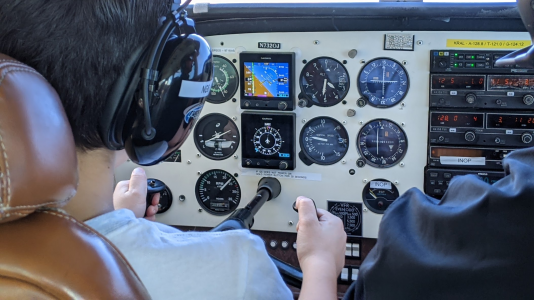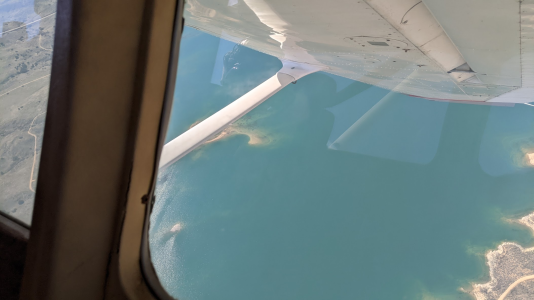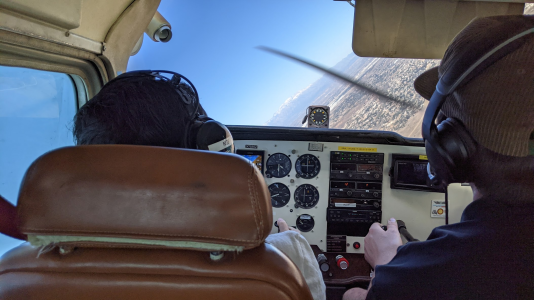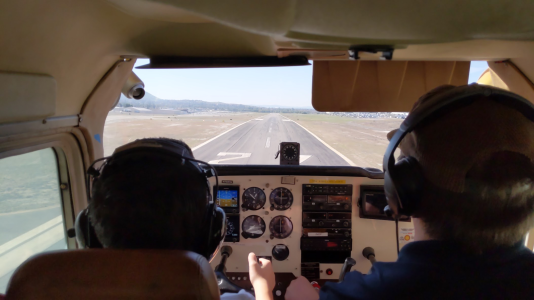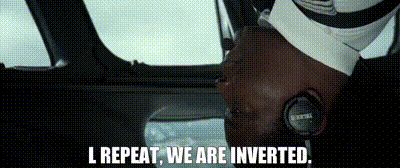Been AFK for about a week-ish, and this is what I'm bringing...
My son (11) has been officially been bitten by the flying bug. For the last few years he's been having a fascination with airplanes and looking into how they fly, the types of engines they have, and he's learned a lot just from YT videos and whatever articles he's found online on his own.
That said, for his 11th birthday he asked to fly a plane. After some research, I found he needed a discovery flight, and so I got one scheduled for his birthday. I got him setup in the flight simulator and 30min in the air.
We flew out of Riverside Municipal (KRAL) and spent the majority of the time flying over Lake Matthews. The flight instructor was great. He had my boy bank the plane 45* each way, zig-zag across the lake, make two 360* circles,
A friend of mine - a captain for a major airline company - told me that "He'll know if he wants to keep flying by the end of the runway". Well, he knows and he wants to keep doing it to eventually become a pilot. He's officially logged 30min of flight time and is already asking about his next flight. He was already telling me on the way back home from the airport that he wants to have his ATP license by the time he turns 17. 1500 hours by the age of 17, I'm sure it's doable, but he can't even have his license until he's 17, so I'm not sure if he'll be able to have his ATP at 17? IDK.
@theterminator93 , any additional insight?
That's cool! He'll remember that first flight for the rest of his life.

I was also 11 when I was infected; my sis flew us down to MLB where she was on the ground crew and had us "help" fuel an MD80 on the ramp, explore the empty plane, talk to the crew etc. Not long after our return home I started finding PC flight simulators. It wasn't until I was 16 that I discovered that a friend owned a PA32R Saratoga, and they took me up in it for my first official flight. I didn't seriously consider getting my certificate until after I was married though. It took me about 4 months of flying nearly every weekend to get to the point where I was ready for my checkride.
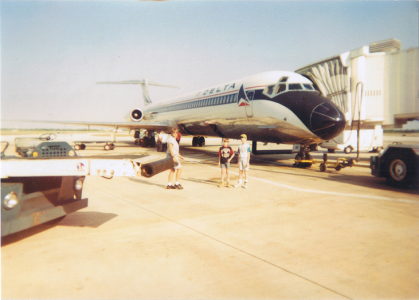
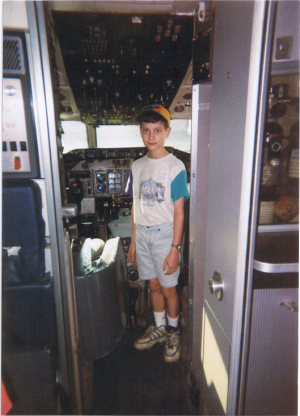
I did most of my student pilot training in a 1966 C150 at a rural SE Ohio airport. It's been over 10 years now and I still keep in touch regularly with my instructor, despite him living over 3 hours away.
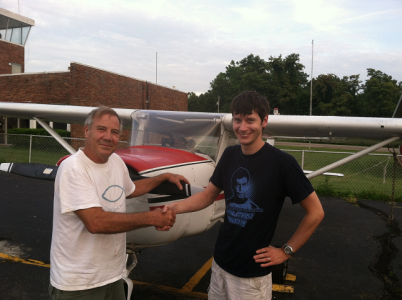
Look up the practical test standards for the various certificates. The ATP certificate comes with the 1500 hour requirement but it is also broken down into various sub requirements. He will also need to be at least 23 years old before he can be issued that certificate. He will need 500 hours of cross-country flight time, 100 hours of night flight time, 75 hours of instrument time, 50 hours in the type of plane he will be flying for transport, and 250 hours of time as pilot in command.
To start, he'll need to be at least 16 before he can get a student pilot certificate. He'll get various endorsements from his instructor to fly solo, fly to different airports, and log time as PIC on his way to getting the private certificate. That "requires" 40 hours of flight under various conditions and usually takes 3-6 months (and closer to 60 hours) to complete. After that, he will need to build cross-country flight time and start training for his instrument and commercial ratings (another ~200 hours). This will probably take another year or so. At this point most people on their way to ATP get their CFI (instructor) rating to help them build time while training new pilots. This also helps cut down on the cost tremendously. Having a multi-engine rating will be next, which can be trained concurrently and should only take 15 hours or so.
If he's going to go all the way up to ATP, bear in mind the costs and time commitment. Accelerated, full-time programs
can get you there but they're not always the best option... and at that, it usually takes 1-2 years of full-time flying. Realistically it will take twice that long. It can cost as much as $200k+ but that can be reduced in various ways. If he starts flying as soon as he can get his student certificate at 16 and flies consistently to build on the milestones and requirements, by 23 he should be in a good position for the ATP checkride. Not to mention, more time to spread out the cost.
Renting an IFR certified trainer aircraft right now is going to cost $150-$200 per engine hour, and that goes up about 5% each year. When I was training it cost me $95/hr to rent. Instructors are usually $50-$100/hr on top of that. It can be more economical to buy an aircraft outright to avoid the rental costs, though insurance will be expensive until he builds time in the aircraft and gets his instrument rating. A single engine, instrument-equipped aircraft will run anywhere from $60k-$100k on up. As you run up the engine hours as you train the value of the aircraft goes down, but you can still recoup a lot of the cost of the plane by selling it to the next person looking to build time. Fuel costs are usually $6-$8/gal and depending on the plane it will burn 10-15 gallons/hr. And of course you have annual inspections, unexpected maintenance, etc. to contend with. As troublesome as owning old cars is, multiply that by a factor of 5-10 for an aircraft. Consider that a battery for a single-engine piston aircraft is usually around $900.

I've considered ownership but to-date have only rented, mainly because of the variable cost-to-rent vs. the fixed ownership cost. After we get the house paid off this fall I will probably look to buy. Renting also gives you the benefit of being able to "try out" various models to find out which you have a preference/affinity for. I've flown small, 2-seat trainers like the Cessna 150 and 152, run-of-the-mill 4-seaters like the 172 and 182 along with the Piper PA28, and high performance 6 seaters like the Cessna 210. I enjoy the C210 the most, but they're also the most expensive to operate.
My recommendation is to keep him engaged. Flight sims, air shows, discovery flights etc. are a good way to do that. Find a local airport with a flight club with an instructor program and get to know the people (and instructors) there. Plan to have him join the flight club and take lessons to get his private (and possibly instrument) certificates there. You can grab a copy of Rod Machado's private/instrument pilot handbooks and/or look up King Schools' private/instrument video courses now, though some of the material might be a little advanced for someone without a high-school education to pick up right away. As soon as he turns 16, have him get his student pilot certificate and 3rd class medical and start training with his flight club - he should be a quick study if he's already gone through the King/Machado knowledge material, and will save time (and money) on ground school. He could have his PPC and be on his way to logging time in earnest in a few months.
Good luck!


